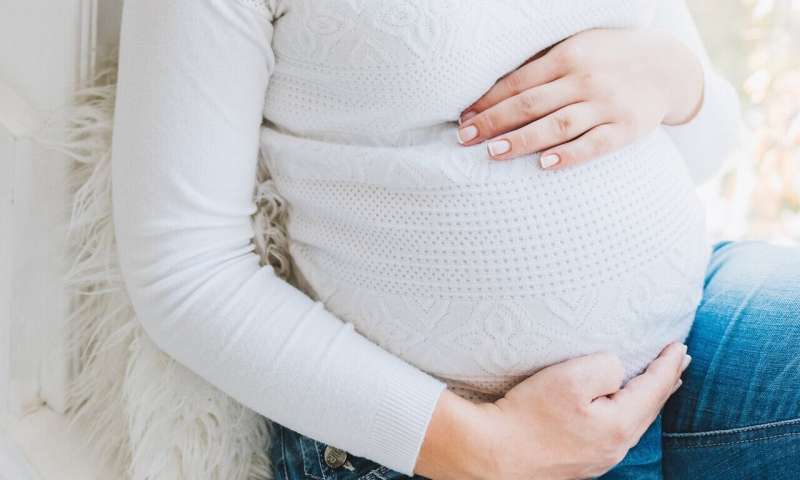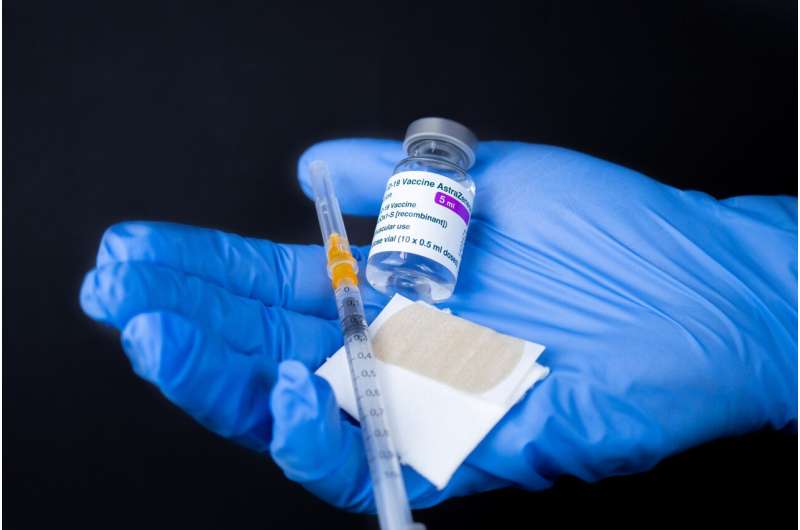Link Between Severe Pregnancy Nausea and Increased Mental Health Risks

Severe pregnancy nausea significantly raises the risk of mental health conditions, including depression and psychosis, highlighting the need for integrated care for affected women.
A comprehensive study published in The Lancet Obstetrics, Gynaecology, & Women's Health has revealed that women experiencing severe pregnancy sickness, specifically hyperemesis gravidarum (HG), face a significantly higher risk of developing various mental health conditions. The largest investigation to date involved over 476,000 pregnant women from 135 healthcare providers worldwide, highlighting that the mental health risks increase by over 50% for numerous neuropsychiatric disorders.
Hyperemesis gravidarum affects up to 3.6% of all pregnancies and is characterized by intense nausea and vomiting, often leading to dehydration and weight loss. The condition commonly results in hospitalizations during the first trimester, with many cases resolving by the second trimester. Women with HG often experience anxiety, social isolation, and concerns about their ability to manage pregnancy, contributing to mental health challenges such as depression, anxiety, and trauma-related disorders.
The study identified that women with HG are at elevated risk for conditions including post-partum psychosis, post-traumatic stress disorder, eating disorders, depression (especially post-partum depression), Wernicke's encephalopathy, and refeeding syndrome. Remarkably, the research found that more severe metabolic disturbances in HG, such as dehydration and electrolyte imbalances, were associated with a lower risk of depression, emphasizing that mental health risks are present independently of HG severity.
Experts stress the importance of integrated care approaches addressing both physical symptoms and mental health needs. Dr. Hamilton Morrin from King's College London explained that HG's profound impact extends beyond physical discomfort, necessitating urgent referral to mental health services. Senior author Dr. Thomas Pollak emphasized that acknowledging and treating these psychiatric risks early can improve outcomes for mothers and their babies.
This study underscores that mental health considerations should be an integral part of managing hyperemesis gravidarum, advocating for comprehensive screening and support throughout pregnancy.
Source: https://medicalxpress.com/news/2025-09-severe-pregnancy-sickness-mental-health.html
Stay Updated with Mia's Feed
Get the latest health & wellness insights delivered straight to your inbox.
Related Articles
Pesticide Rotenone Exposure Alters Brain Gene Activity Linked to Parkinson's Disease
New research reveals that exposure to the pesticide rotenone causes lasting gene expression changes in brain regions linked to Parkinson's disease, shedding light on environmental risk factors and mechanisms of neurodegeneration.
UK Court Dismisses Pfizer and BioNTech's Appeal in COVID-19 Patent Dispute
Pfizer and BioNTech face a legal setback as the UK Court of Appeal upholds a patent ruling favoring Moderna in their ongoing COVID-19 vaccine patent dispute. The decision has major implications for biotech patent rights and vaccine development.
Study Finds Crizotinib Does Not Extend Disease-Free Survival in Early-Stage ALK+ Lung Cancer
A recent study shows that crizotinib does not improve disease-free survival in patients with resected early-stage ALK-positive non-small cell lung cancer, guiding future treatment strategies.
Short-Term Sleep Deprivation May Increase Heart Disease Risk: New Findings
A new study shows that just three nights of poor sleep can trigger blood changes linked to increased heart disease risk, even in healthy young adults.



